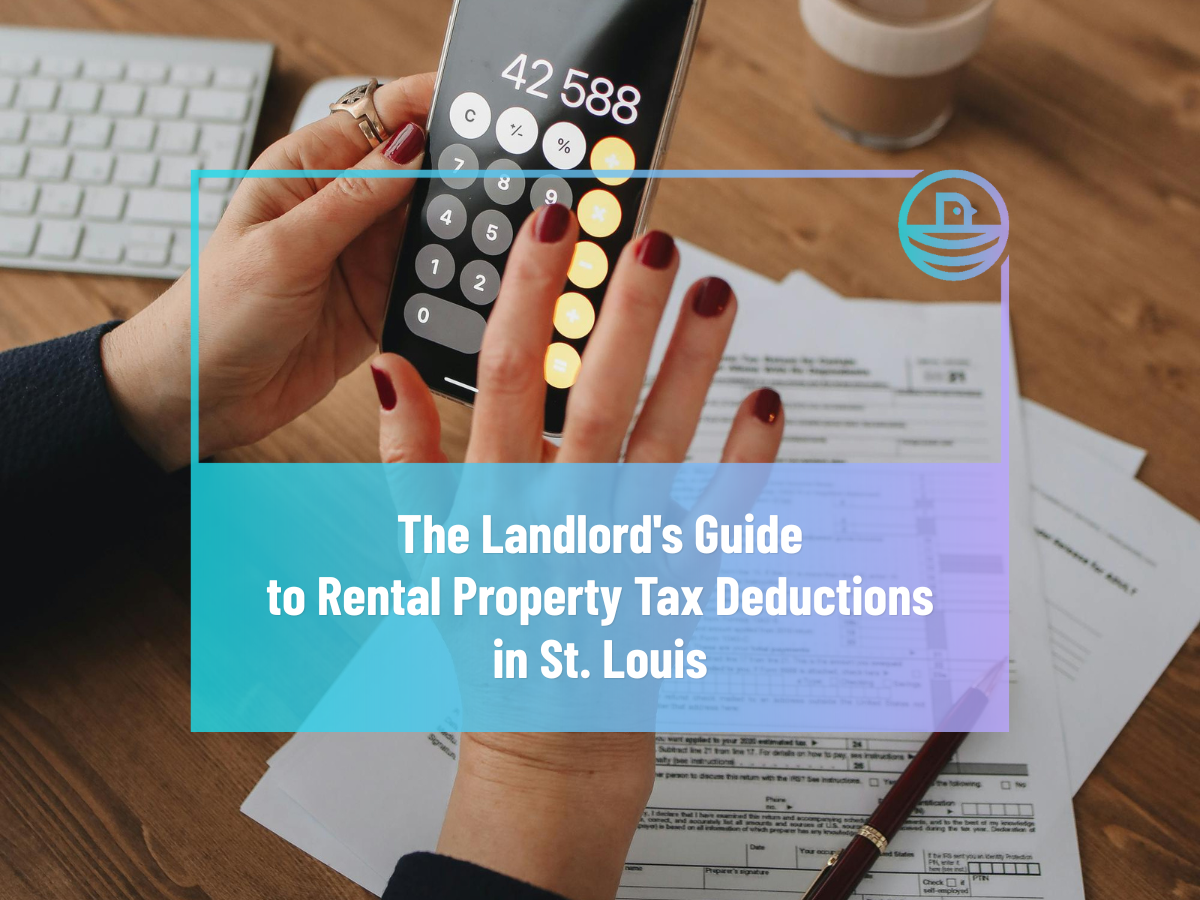How Much Should I Rent My House in St. Louis for?
All rental property owners ask, “How much should I rent my house in St. Louis for?” The answer can be somewhat complicated. Determining your rent price should be broken down by characteristics, including knowing your competition, seasonality, amenities, and rent control laws. It is important to determine the best price without emotion clouding your judgment.
Know Your Competition
By studying the rental rates that properties similar to yours achieve, you can gain insight into what potential tenants would be willing to pay. Online platforms such as Zillow and Trulia can provide valuable data on rental prices in specific neighborhoods. You can also take the time to browse local property managers’ websites to gather more information about rental rates in your area.
It can be beneficial to attend real estate networking events or join online forums where landlords and property owners share insights and experiences. Engaging with other industry professionals can provide you with a broader perspective on the rental market trends in St. Louis and help you make informed decisions about pricing.
Another useful strategy is to conduct a comparative market analysis (CMA) to evaluate the rental rates of properties similar to yours in terms of size, location, and amenities. This analysis can give you a more comprehensive understanding of the competitive landscape and enable you to position your rental property effectively in the market. By leveraging multiple sources of information and utilizing various analytical tools, you can ensure that your rental price is competitive and attractive to potential tenants in St. Louis.
Seasonality of Renting
To maximize rental value, you should target periods when renters are most likely to be actively searching for properties in your area. For instance, if you have a property located near a university, you may want to aim for a leasing period coinciding with the start of the academic year, when students are seeking housing.
Another important factor to consider is the impact of local events and festivals. For example, if your property is situated in a tourist destination known for hosting a popular annual event, such as a music festival or a cultural celebration, you may want to schedule your rental period to coincide with these events. During such times, the demand for short-term accommodations tends to surge, presenting an opportunity to capitalize on the increased influx of visitors looking for temporary housing options.
Understanding regional climate patterns can also play a significant role in optimizing your rental strategy. In areas with harsh winters, it might be beneficial to target the summer months for renting out your property when the weather is more favorable for potential tenants to move in comfortably. Conversely, in regions with scorching summers, targeting the milder seasons like spring and fall could attract more interest from renters who prefer moderate temperatures for relocating.
Your Property's Amenities
The presence of desirable amenities can justify charging a higher rent. For example, having an in-unit washer/dryer, a spacious backyard, or garage space can make your property more attractive to prospective tenants, allowing for a higher rental price. On the other hand, the lack of certain amenities may lead to a reduction in the potential rental value. For example, having no garage and only one bathroom can deter some tenants or limit the amount they are willing to pay.
Think about the lifestyle and needs of potential tenants. Families may prioritize properties with multiple bathrooms for convenience, while young professionals might value a gym or co-working space nearby. Understanding your target demographic can help you tailor the amenities to attract the right renters and maximize your property's rental value.
Additionally, outdoor features such as a patio, balcony, or garden can significantly enhance the appeal of your property. These spaces provide tenants with opportunities to relax, entertain guests, or engage in outdoor activities. A well-maintained outdoor area offers a sense of tranquility and adds value to your rental property, making it more desirable to potential tenants seeking a balance between indoor comfort and outdoor enjoyment.
Checking Local Rent Control Laws
It is crucial to be aware of and understand local fair housing laws and any other rental control legislation that may impact rental prices in St. Louis. These laws may have implications on the rental value of your house, such as rent control measures or restrictions on rental increases. Familiarize yourself with these regulations to ensure compliance and to avoid pricing your rental property unfairly or inaccurately.
Wrapping up: How Much Should I Rent My House in St. Louis for?
When determining the ideal rental price for your house in St. Louis, you could benefit from seeking the guidance of a professional property manager. Companies like Evernest have expertise in the local market and can leverage their knowledge to help you determine the correct market price. They can provide a free rental analysis report that takes into account factors such as competition, seasonality, property amenities, and rental control laws. By utilizing the expertise of a property management company, you can ensure that you set the right rental price to attract tenants and maximize your rental income.
Ready to get started? Contact our local team today!











































